Senate Committee recommends charging tech giants for news
All sides of politics in Australia have resolved to make big tech pay media companies for stories, in a move sure to enrage Google and Facebook.
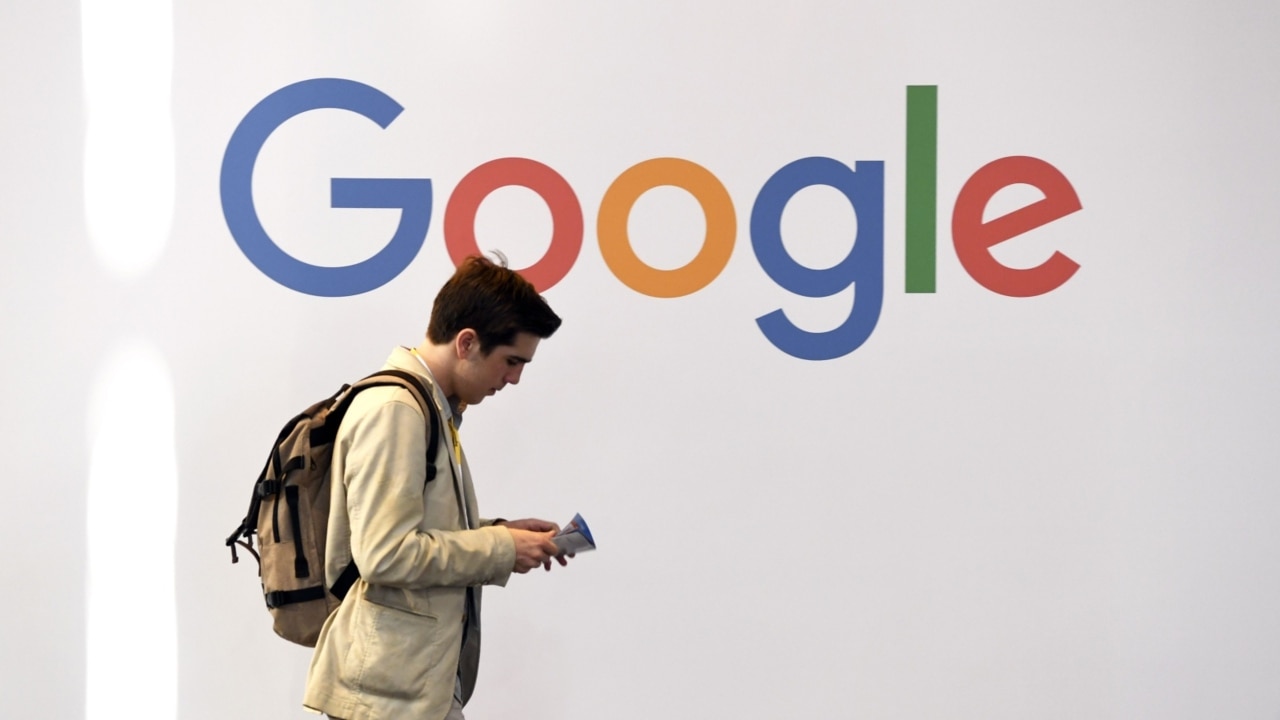
Laws forcing Google and Facebook to pay for news content are one step closer, after a fiery hearing culminated in cross-party support for the plan.
A senate committee recommended on Friday the government’s media bargaining code be adopted in full, after securing bipartisan backing.
Under the laws, Google and Facebook would be forced to pay Australian media outlets for news content accessed on their platforms.
The report followed an acrimonious two-day hearing in January, where the plan was met by fierce resistance from the tech giants.
RELATED: ‘Blackmail’: Google to ‘punish all of Australia’ over big tech proposal
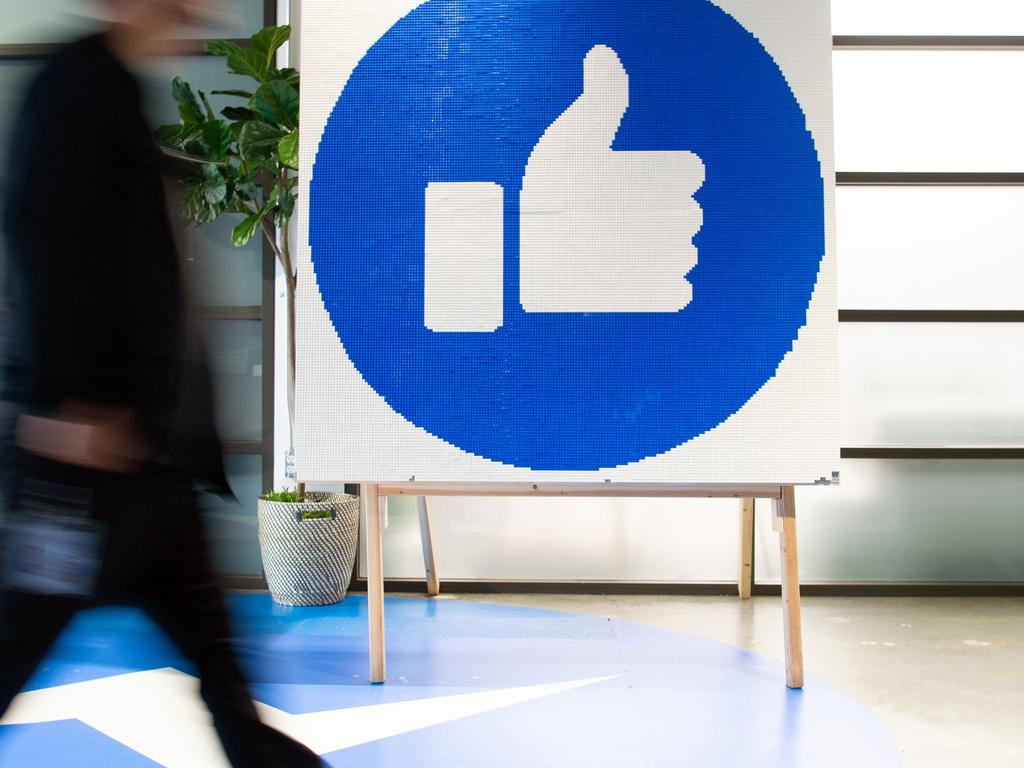
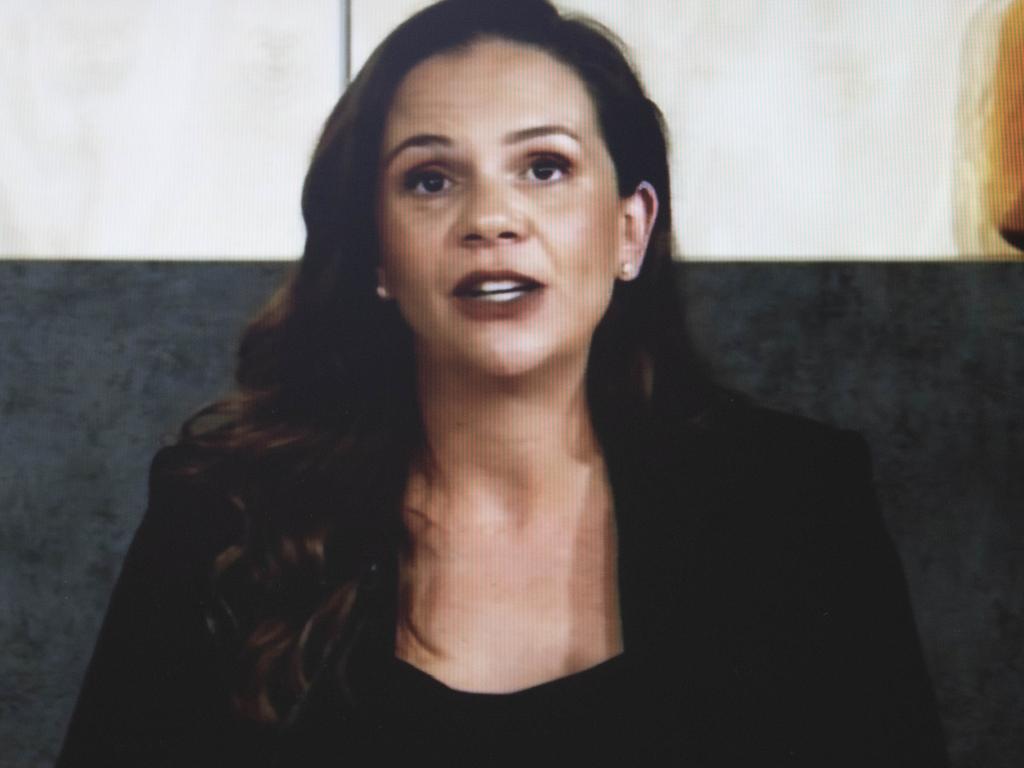
Google and Facebook claimed it would drastically alter the way the internet functioned.
But the laws received support from the Coalition, Labor and the Greens.
“Public interest journalism is more than just an ordinary consumer product that has been undermined or ‘disrupted’ by new technology,” the committee found.
“(It) is a cornerstone of democracy and its survival is imperative in a society increasingly vulnerable to misleading information that can so easily be spread on the internet.”
Google and Facebook both fronted the first day of the inquiry, where Google threatened to withdraw its search engine from Australian users if the plan went it ahead.
It conceded it had temporarily blocked some Australian users from accessing certain news sites, but claimed the “test” was preparation necessitated by the proposal.
Prime Minister Scott Morrison held “constructive talks” with Google chief executive officer Sundar Pichai in February, saying he had gained confidence the tech giant would remain in Australia.
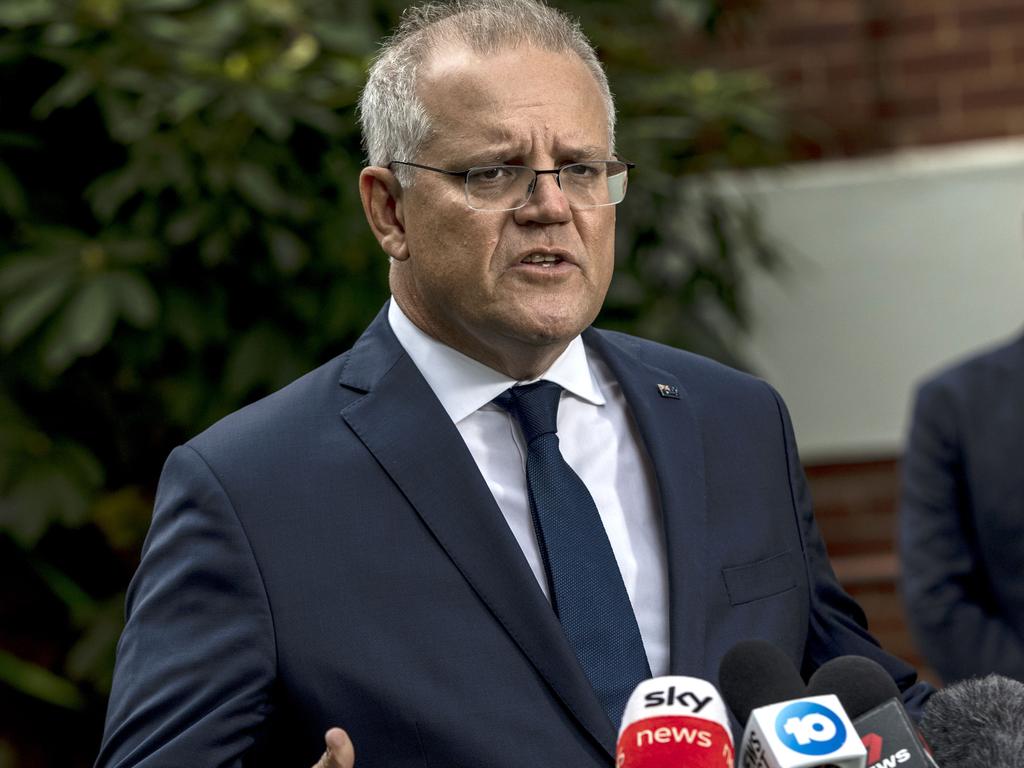
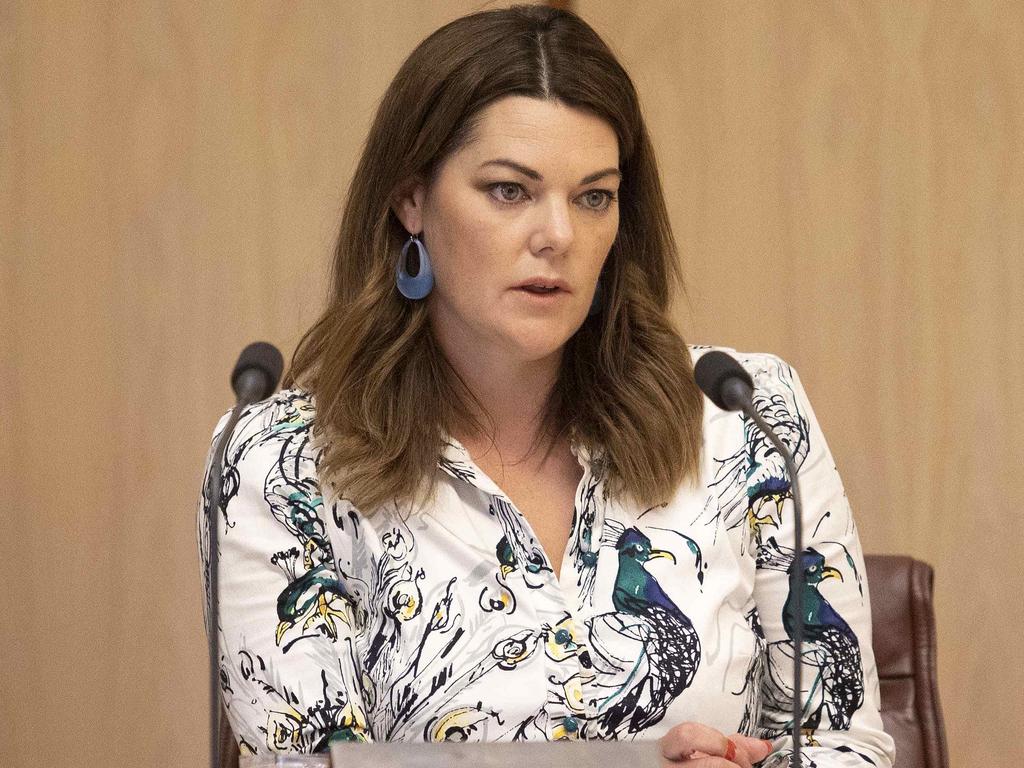
But he insisted Google “understands that Australia sets the rules” and the federal government would not kowtow to the tech giant’s demands.
Google said it remained “committed to a workable code” and said it had “proposed reasonable amendments” to the bill.
“We look forward to engaging with policymakers through the parliamentary process to address our concerns and achieve a Code that works for everyone - publishers, digital platforms, and Australian businesses and users,” a Google spokesperson said.
The company said it had already held 50 discussions with Australian publishers about its News Showcase platform, which would see outlets receive compensation. Showcase has been rolled out in Argentina and the UK.
The Greens supported the bill in principle, but demanded outlets spend revenue from the code directly on resourcing public interest journalism.
Greens senator Sarah Hanson-Young has called for the government to establish a permanent trust to ensure Australian Associated Press was supported through public funding.
She also wanted an annual review of the code’s impact on small and independent news organisations.
Facebook reiterated a threat to prevent Australians from sharing and accessing news on the platform.
CEO Mark Zuckerberg also lobbied Treasurer Josh Frydenberg directly in an unsuccessful bid to have the laws reversed.
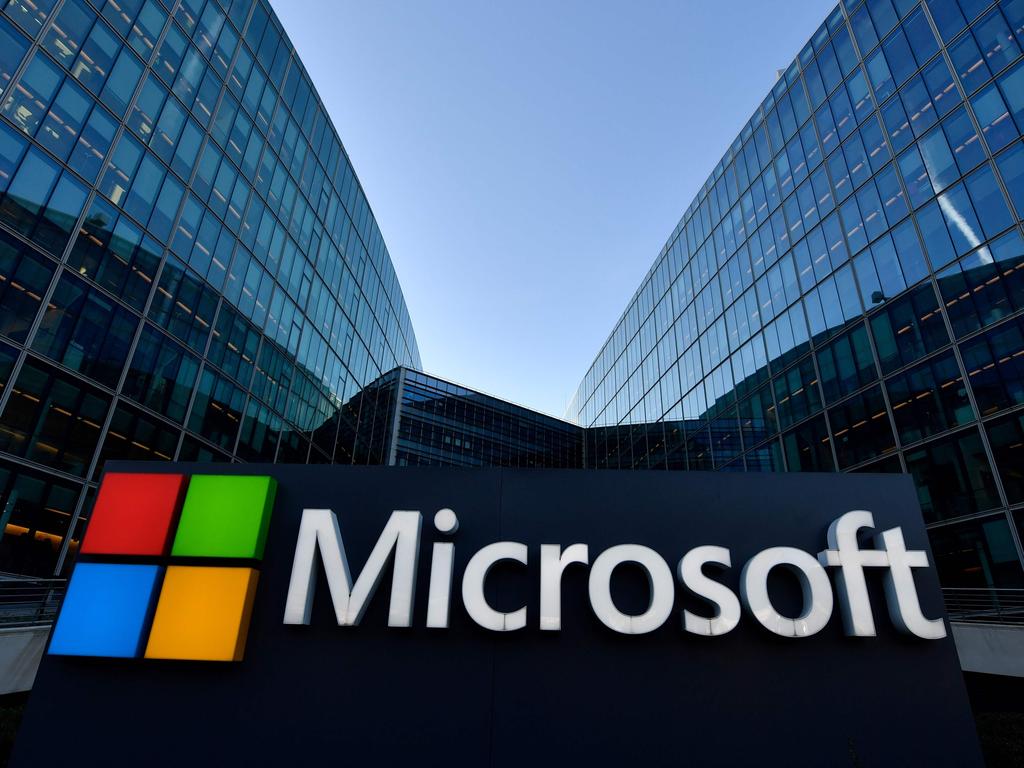
But US software giant Microsoft backed the bargaining code in February, saying it represented a “a fundamental step towards a more level playing field”.
It claimed its own search engine, Bing, would soon be ready to fill a void if Google abandoned the $4b Australian market.
Tech giants and news outlets would be encouraged to strike arrangements over news content under the proposal.
But an independent arbitrator would be established to determine how much would be paid for content if the two parties were unable to strike an agreement.
Labor backed the bill, but attacked the government in Friday’s report for failing to implement the code by December as planned.



